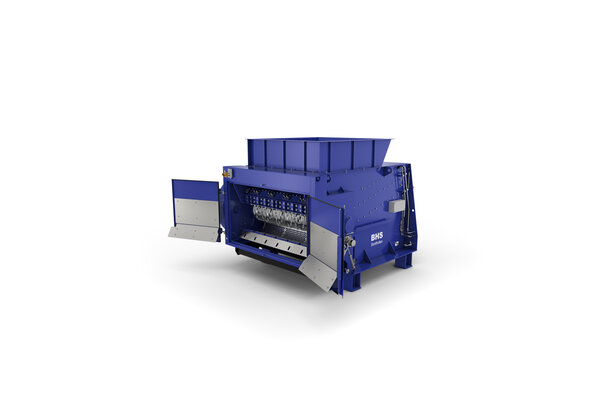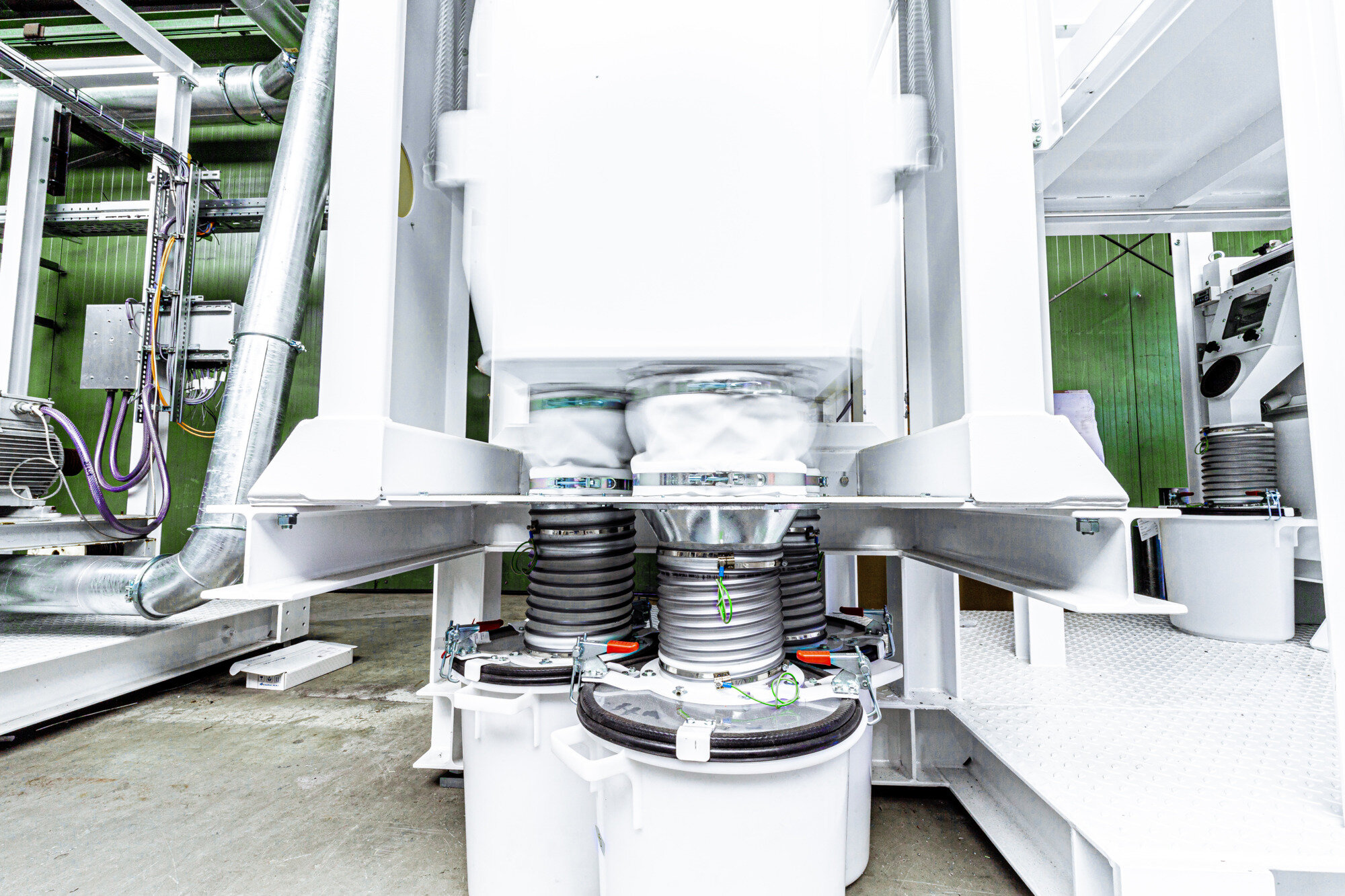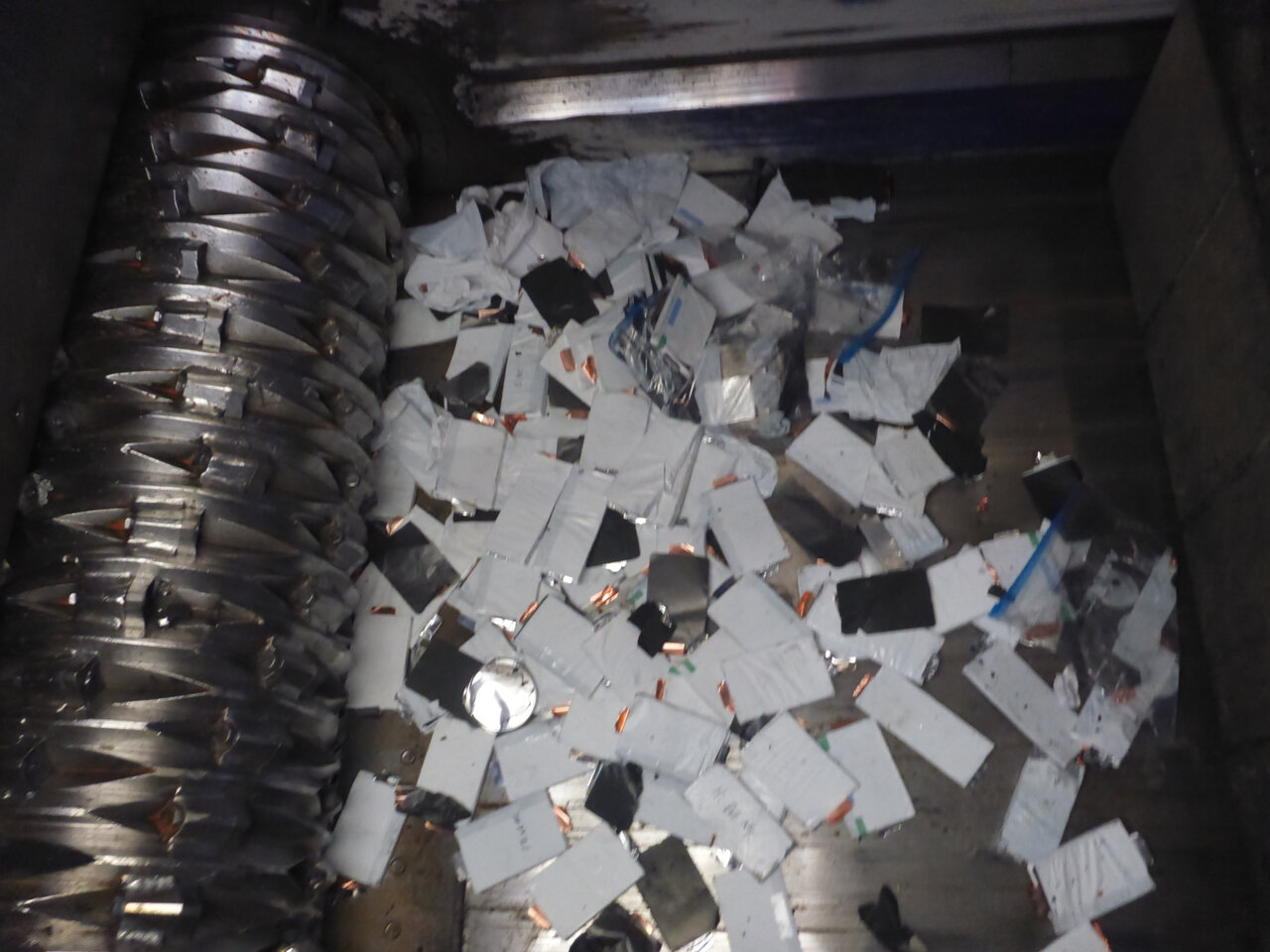Recycling materials from batteries and accumulators
Fossil fuels are to be gradually replaced by other energy sources. The production of accumulators and batteries as storage media for regenerative energies is increasing. As a result, the need for economical recycling methods is also increasing. In addition, the climate debate, increased environmental awareness, high gasoline prices and emissions scandals are making e-cars more and more popular - but what to do when the raw materials for the production of e-car batteries run out? And where to put the spent batteries afterwards?
BHS-Sonthofen offers an efficient and safe process with which rechargeable batteries and batteries can be recycled in an environmentally friendly and safe manner - and valuable raw materials such as copper, lithium, nickel, cobalt or manganese can be returned to the value cycle.
Video
Complete solutions for efficient battery recycling from a single source
Complete solutions for efficient battery recycling from a single source
BHS-Sonthofen has developed a new, safe process for the efficient recycling of lithium-ion batteries. The mechanical recycling process includes three stages with shredding, vacuum drying and sorting. Condensation supplements the drying process for electrolyte recovery and gas purification. The three stages are available as standard modules. Over 97% of valuable raw materials such as lithium, nickel, cobalt and manganese are recovered. Aluminum, copper and iron are also recyclable.
Preventing hazards: fires and the release of toxic gases

Preventing hazards: fires and the release of toxic gases
Recycling spent batteries and accumulators is not an easy task. If they end up in the wrong shredder, this can lead to dangerous fires. The innovative process from BHS-Sonthofen deliberately avoids this danger. After the batteries have been discharged, they are shredded under a protective atmosphere using either one or two shredding machines. The BHS rotary shear of type VR handles the pre-shredding process. This slow-speed twin-shaft crusher crushes bulky battery packs and modules reliably with its interlocking blades. The cells or pre-crushed fraction is brought to the target size in a single-shaft crusher, such as the universal shredder of type NGU, during the main crushing step.
Once the feed material has reached the desired target size, the parts fall through appropriately designed grid segments in the universal shredder (NGU). The crushed batteries are then heated in batches in horizontal batch or continuous dryers of type HTC-T and HTK-T to evaporate the electrolyte components for subsequent recovery in a condensation unit. Dry mechanical processing is used to render the solid components completely free of electrolytes. Black mass can be recovered as soon as initial screening has been performed. Light and heavy materials are then sifted and separated. The remaining composites are sent for a second phase of shredding and are then fed into a dry mechanical sorting system. The black mass, smelter-grade copper concentrate and concentrated aluminum are recovered as end products.
Raw material recycling according to your requirements

Raw material recycling according to your requirements
Our shredding machines are available in different sizes to meet your individual requirements. Our systems allow you to process any type of cell and module. The end products are aluminum, high-grade copper concentrates and pure black mass, which contains lithium salts, manganese, cobalt or nickel depending on the type of battery. All three fractions are immediately ready for remarketing.































































